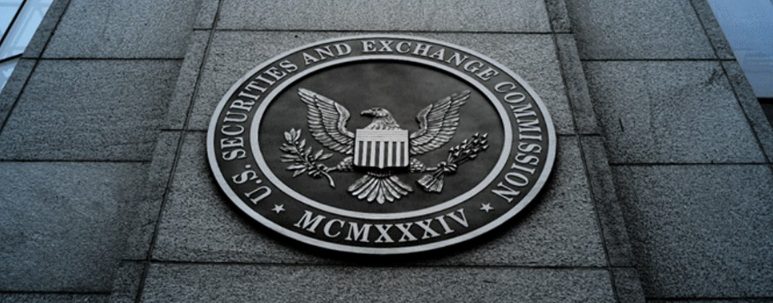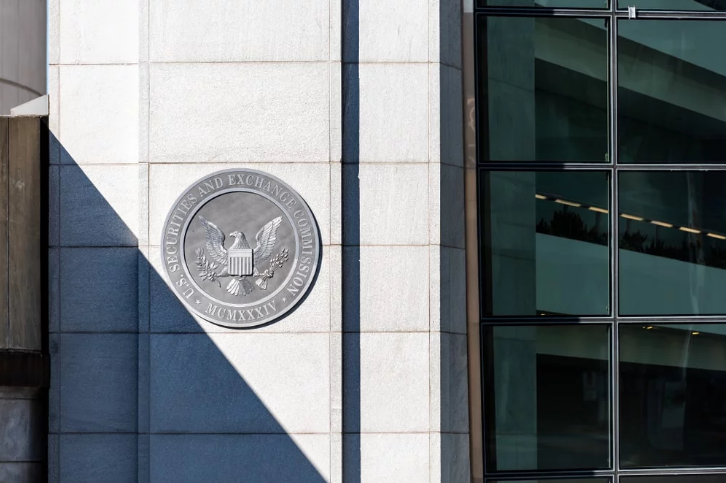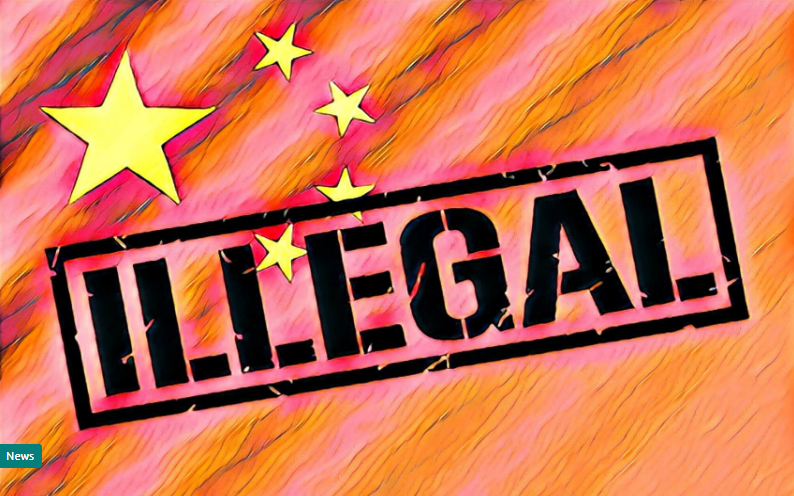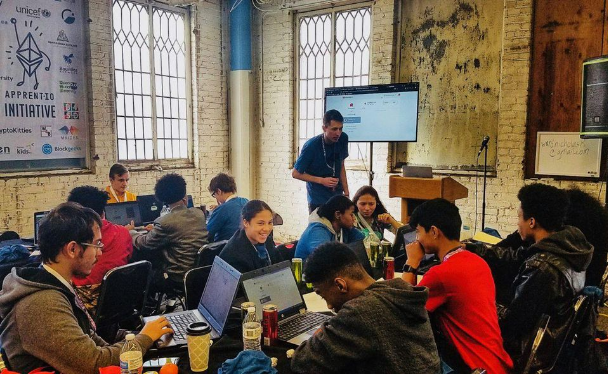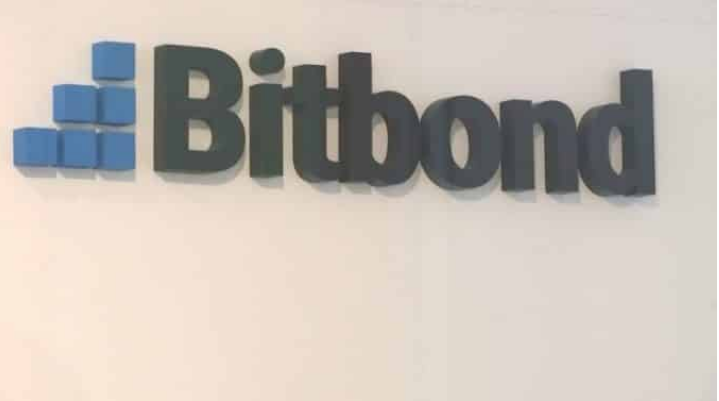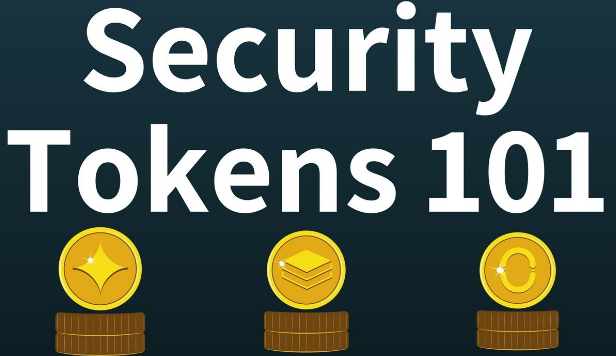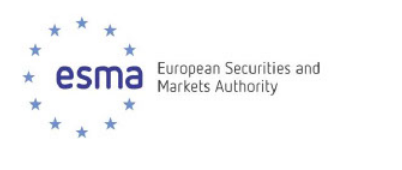 In 2014, Mastercoin launched the first Initial Coin Offering (ICO).
In 2014, Mastercoin launched the first Initial Coin Offering (ICO).
It took nearly three years for this capital-raising mechanism to really take off, which subsequently created over 5,000 tokens raising over $22 Billion on a global basis.
As regulators turned their attention to ICOs, arguing that many of them ought to be treated as securities attention has Increasingly focused on the development of Security Tokens (STOs).
STOs are often asset-backed and are subject to security regulations in the jurisdictions in which they are launched and marketed. Making global offerings onerous and practically impossible.
STOs are usually backed/pegged/linked to an asset, examples include private or publicly traded shares, bonds, property (residential and commercial), commodities (gold diamonds), foreign exchange ($, Yen, Euro, £) and even exotic investments like wine, violins, art and other collectables.
STOs, being Digital Assets, mean that they can be listed on Digital Exchanges, which in turn enables them to be traded 24//7 as well as enabling enables smaller investors to buy and sell these assets.
Historically some of these assets, such as real estate and collectables, have proved to be illiquid, and the preserve of the wealthy and institutional investors. However, STOs ought to be able to widen the number of investors who can gain exposure to these previously illiquid assets in the future.
More recently we have seen organisations that want to raise capital by issuing tokens using one of the 300 digital exchanges to launch Initial Exchange Offerings (IEOs). These IEOs are very similar to an ICO, but by being listed on an exchange hopefully have greater liquidity.
Potentially they offer investors a degree of comfort because a third-party (the exchange they are to be listed on), has carried out a degree of due diligence. If the token meets all the tests - including that the company that is creating the it is not intending to use any capital raised to build its infrastructure, IT, or platform etc. it may be classed as an exchange or utility token, so outside of the regulations that capture STOs.
Some exchanges have decided to call their IEOs Direct Premium Offerings (DPOs), usually designed to offer investors access to a cryptocurrency at a discount to the market price. In traditional stock exchanges these are called “rights issues”.
More recently we’re seeing Token Curated Registries (TCR), which are designed to replace centralised lists, eg. a list of the top ten hotels or restaurants in a City. TCR is like an incentivised voting game that creates lists which are maintained by the people who use them. Users collectively vote (using tokens) to decide which submissions are valid, which should be included in the list, and where they will be ranked.All of the above typically use Blockchain technology as part of the process of bringing a company to a wider audience, apart from Direct offers, which simply look at raising capital (much like an Initial Placing Offer (IPO)) but do so without the costly underwriting fees of investment banks.
As Slack have announced they are to launch a Direct Offer, will Pinterest, Zoom, Uber or AirBnb also use Direct...
It took nearly three years for this capital-raising mechanism to really take off, which subsequently created over 5,000 tokens raising over $22 Billion on a global basis.
As regulators turned their attention to ICOs, arguing that many of them ought to be treated as securities attention has Increasingly focused on the development of Security Tokens (STOs).
STOs are often asset-backed and are subject to security regulations in the jurisdictions in which they are launched and marketed. Making global offerings onerous and practically impossible.
STOs are usually backed/pegged/linked to an asset, examples include private or publicly traded shares, bonds, property (residential and commercial), commodities (gold diamonds), foreign exchange ($, Yen, Euro, £) and even exotic investments like wine, violins, art and other collectables.
STOs, being Digital Assets, mean that they can be listed on Digital Exchanges, which in turn enables them to be traded 24//7 as well as enabling enables smaller investors to buy and sell these assets.
Historically some of these assets, such as real estate and collectables, have proved to be illiquid, and the preserve of the wealthy and institutional investors. However, STOs ought to be able to widen the number of investors who can gain exposure to these previously illiquid assets in the future.
More recently we have seen organisations that want to raise capital by issuing tokens using one of the 300 digital exchanges to launch Initial Exchange Offerings (IEOs). These IEOs are very similar to an ICO, but by being listed on an exchange hopefully have greater liquidity.
Potentially they offer investors a degree of comfort because a third-party (the exchange they are to be listed on), has carried out a degree of due diligence. If the token meets all the tests - including that the company that is creating the it is not intending to use any capital raised to build its infrastructure, IT, or platform etc. it may be classed as an exchange or utility token, so outside of the regulations that capture STOs.
Some exchanges have decided to call their IEOs Direct Premium Offerings (DPOs), usually designed to offer investors access to a cryptocurrency at a discount to the market price. In traditional stock exchanges these are called “rights issues”.
More recently we’re seeing Token Curated Registries (TCR), which are designed to replace centralised lists, eg. a list of the top ten hotels or restaurants in a City. TCR is like an incentivised voting game that creates lists which are maintained by the people who use them. Users collectively vote (using tokens) to decide which submissions are valid, which should be included in the list, and where they will be ranked.All of the above typically use Blockchain technology as part of the process of bringing a company to a wider audience, apart from Direct offers, which simply look at raising capital (much like an Initial Placing Offer (IPO)) but do so without the costly underwriting fees of investment banks.
As Slack have announced they are to launch a Direct Offer, will Pinterest, Zoom, Uber or AirBnb also use Direct Offer as they attempt to become publicly quoted companies.
All this taxing for regulators is confusing for investors. However, for the first time in many years, we are seeing real innovation as financial markets adjust to our increasingly digital economy.
 The French are keen to be seen as the Initial Coin Offering (ICO) hub for Europe, according to AMF, and hope that by reducing the level of tax on sales from 45% to a flat 19% will help encourage ICOs to be launched in France.
The French are keen to be seen as the Initial Coin Offering (ICO) hub for Europe, according to AMF, and hope that by reducing the level of tax on sales from 45% to a flat 19% will help encourage ICOs to be launched in France.

